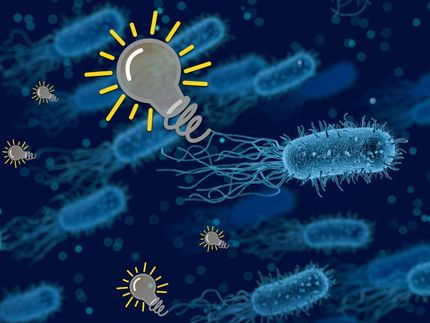So long lithium, hello bacteria batteries?
Advertisement
As renewable energy sources grow, so does the demand for new ways to store the resulting energy at low-cost and in environmentally friendly ways. Now scientists report in ACS' journal Environmental Science & Technology Letters a first-of-its-kind development toward that goal: a rechargeable battery driven by bacteria.
Solar, wind and other renewable energy sources are gaining ground as nations work to lower greenhouse gas emissions and reliance on petroleum. But sunlight and wind are not constant, so consumers can't count on them 24-7. Storing energy can make renewables more reliable, but current technologies such as lithium-ion batteries are limited by safety issues, high costs and other factors. Sam D. Molenaar and his colleagues from Wageningen University and Wetsus (The Netherlands) wanted to come up with a less expensive, sustainable solution.
The researchers combined, for the first time, two separate microbial energy systems: one that uses bacteria to form acetate from electricity and one to convert the produced acetate back into electricity. The researchers successfully charged the battery over a 16-hour period and discharged it over the next 8 hours, mimicking the day-night pattern typical for solar energy production. They repeated this cycle 15 times in as many days. With further optimization, they say the energy density of the microbial battery could be competitive with conventional technologies. Someday it could help us store energy from local renewable sources safely and at a lower cost than current options.
Most read news
Other news from the department science

Get the life science industry in your inbox
By submitting this form you agree that LUMITOS AG will send you the newsletter(s) selected above by email. Your data will not be passed on to third parties. Your data will be stored and processed in accordance with our data protection regulations. LUMITOS may contact you by email for the purpose of advertising or market and opinion surveys. You can revoke your consent at any time without giving reasons to LUMITOS AG, Ernst-Augustin-Str. 2, 12489 Berlin, Germany or by e-mail at revoke@lumitos.com with effect for the future. In addition, each email contains a link to unsubscribe from the corresponding newsletter.






















































